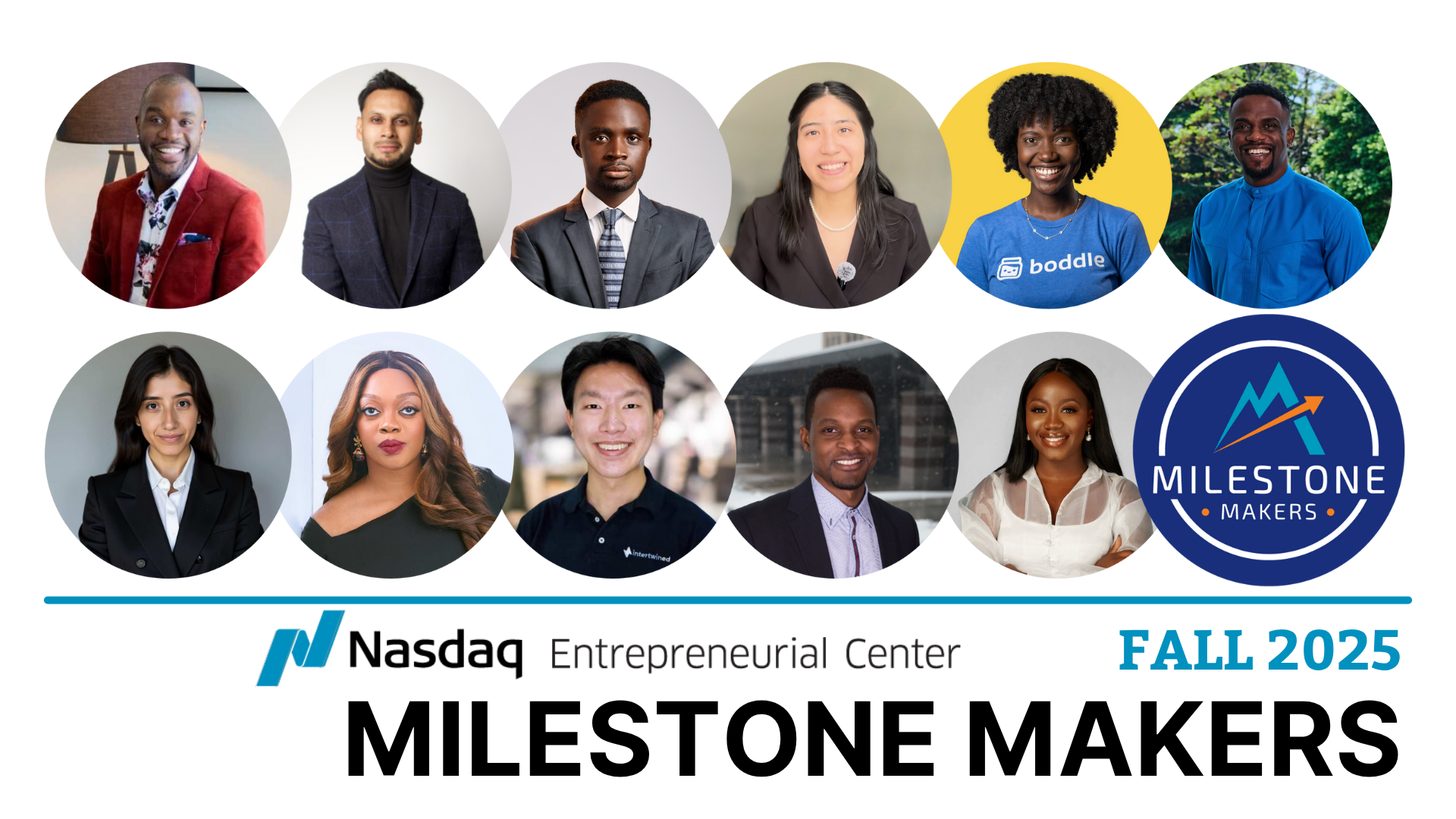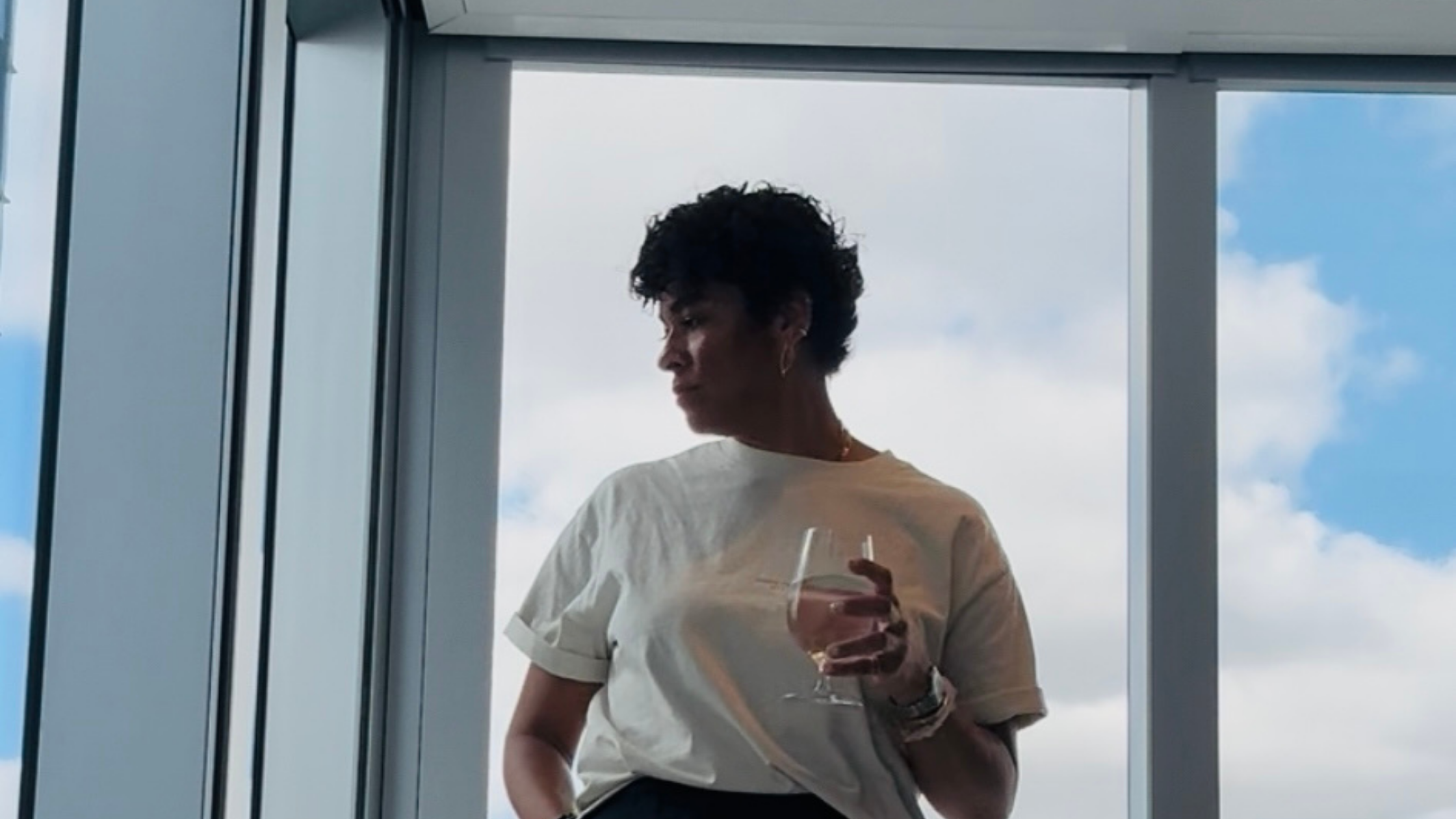 GoPro’s General Counsel Sharon Zezima on leading a company through its IPO, hiring a legal team from scratch, and what all startups can do to make themselves IPO-ready
GoPro’s General Counsel Sharon Zezima on leading a company through its IPO, hiring a legal team from scratch, and what all startups can do to make themselves IPO-ready
IPOs are the stuff of legend in Silicon Valley, and Sharon Zezima has led two of them. As General Counsel, Zezima built legal departments from the ground up at Marketo, then GoPro, guiding them through the often thorny IPO process – a make-or-break moment in the life of a company.
Zezima, who graduated from law school at University of Chicago and has nearly two decades of experience as a business attorney, sat down with the Center to share insights for growing companies she learned along the way. While an IPO might not be for every business, Zezima believes laying a solid legal foundation early on can only pay dividends in the future:
What is it that draws you to companies at the pre-IPO stage?
There’s a lot of excitement at that stage, of course, and it’s also an opportunity to add a lot of value in creating infrastructure and governance, building a legal team, and having a real impact on the company overall. Before GoPro’s IPO, I introduced three key people to the company who were hired onto our executive team, and they’ve all brought tremendous value to the company. To me, that’s having a real impact beyond just my core legal function.
What can entrepreneurs do early on to lay the foundation and make their businesses IPO-ready down the line?
Job one is having good financial systems and controls. GoPro was smart to hire both an internal audit person and a great head of accounting at least a year before we went public. So systems were being created that put us in a stronger position post-IPO.
Also, have a strong business model that will scale years into the future, as well as a clear story explaining it. That same business discussion appears in your IPO filings, and it’s helpful to have clearly articulated the model and opportunities for growth before you get to that point.
In addition, on my side of the house, put good governance structure in place with the board and committees, get independent board members up and running ahead of the IPO, implement a contracts process and system, ensure equity grants are managed and documented well, and get on top of any potential compliance or litigation issues that could slow down an IPO.
How has GoPro changed post-IPO?
We work hard to maintain the core culture that has defined GoPro since Nick Woodman founded it so many years ago. Authenticity is at the heart of it.
Our company values that we put in place before the IPO are more relevant than ever, and they drive and inspire the GoPro family to this day. The values include: “Haul Ass.” “Make Friends,” and “No Half-Assery.” At the same time, we’ve added a lot of new employees, so we want to keep the best of these core values while still being open to what new folks bring to the table.
Also, 2016 will be a big year with new and innovative products in the pipeline. It’s a goal for us to make our products easier to use and more accessible to a broader market. We’re launching a drone, which is new for us and will launch us into the evolving regulatory environment. Fortunately, we have a great team in place to bring these products to market.
Tell us more about building GoPro’s legal department. What’s the most important first legal hire, and what should entrepreneurs look for?
When I came to GoPro, there was only one contractor onsite and the rest of the large amount of legal work was being done offsite by several Fenwick attorneys and staff. I ultimately hired that contractor and put an 18-month resource plan together to create a proper foundation for all the legal work I could foresee GoPro having going forward. My plan had me landing at around 18-20 attorneys and legal staff at the end of 18 months, and I actually made my 20th hire around my second anniversary at GoPro. So building a resource plan tailored to your business and its evolving needs is essential.
The critical early hires are a senior attorney—a #2 who can back you up in most things, especially while you may be intensely focused on an IPO—and a great corporate paralegal who is a utility player. Then you look at what else is core to what the company does and be sure that work is being done internally.
My two most important criteria for hiring onto my team are: 1. The person holds him/herself to a higher standard than anyone else would, and 2. She/he is someone who people will like and want to work with, and who’ll represent the department well. When I interview candidates, I communicate my team philosophy – Take Informed, Calculated Risks; Be Resourceful; Keep it Simple/Don’t Over-Lawyer – and that continues even after they join the team.
Sharon Zezima will be joining leading faculty and general counsels on a panel about cybersecurity and corporate governance at the launch of the Berkeley Corporate Counsel Network, a networking and CLE group for in-house alumni, courtesy of the Berkeley Center for Law, Business and the Economy.
Berkeley Corporate Counsel Network Launch
Nasdaq Entrepreneurial Center | 505 Howard St. | San Francisco, CA
Friday, February 26, 2017
Registration at 11:30am | Program and lunch at noon




